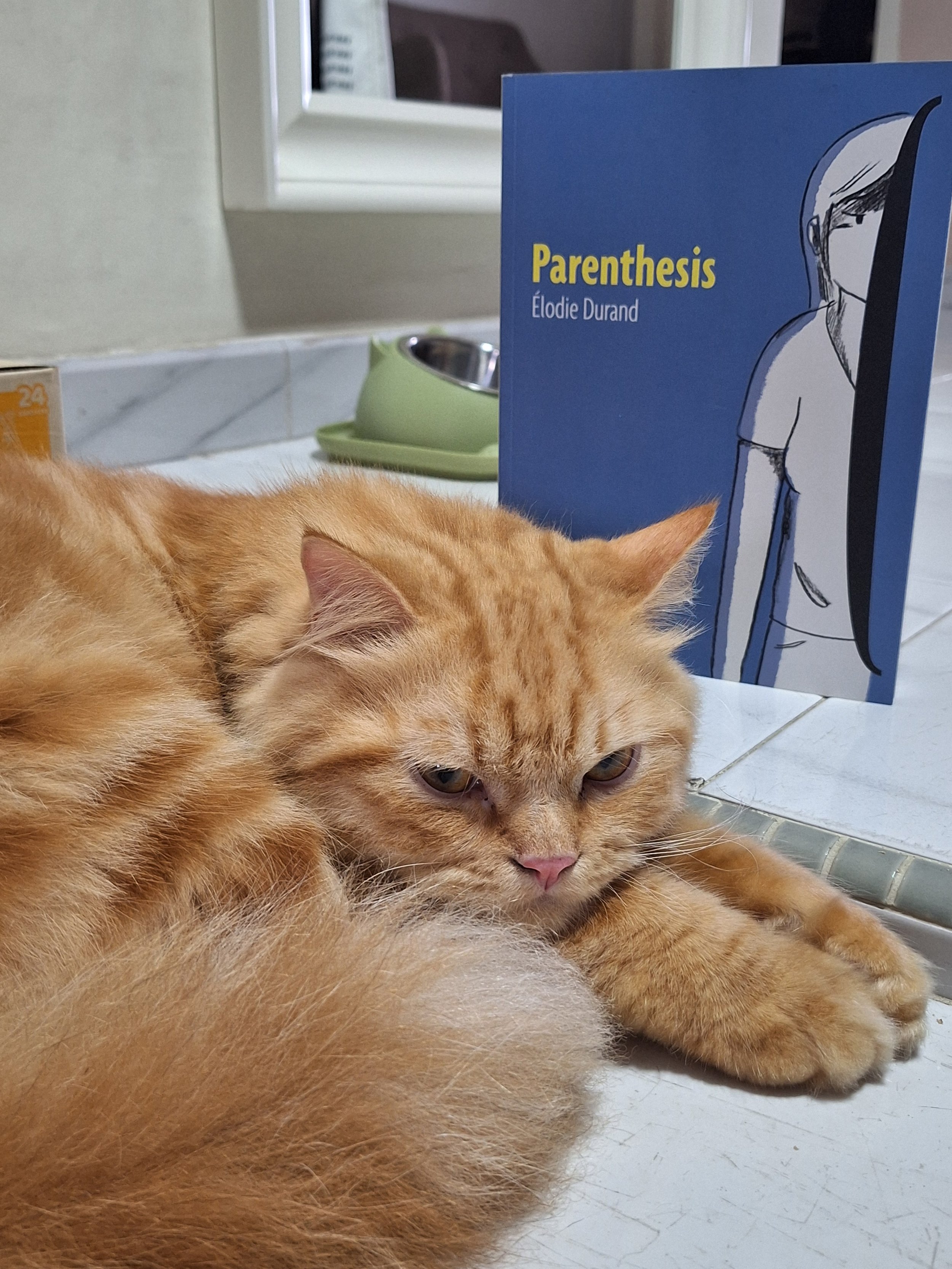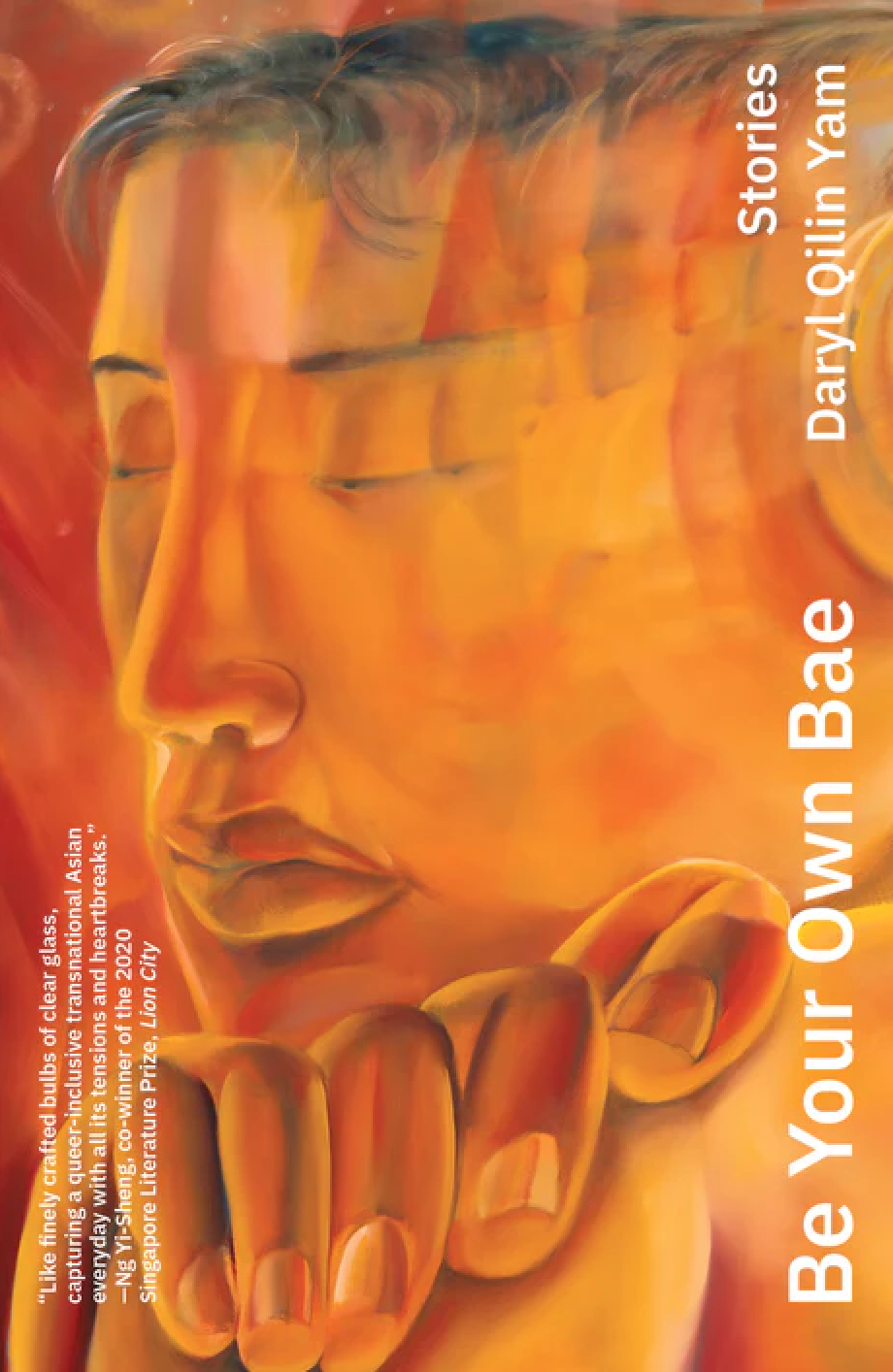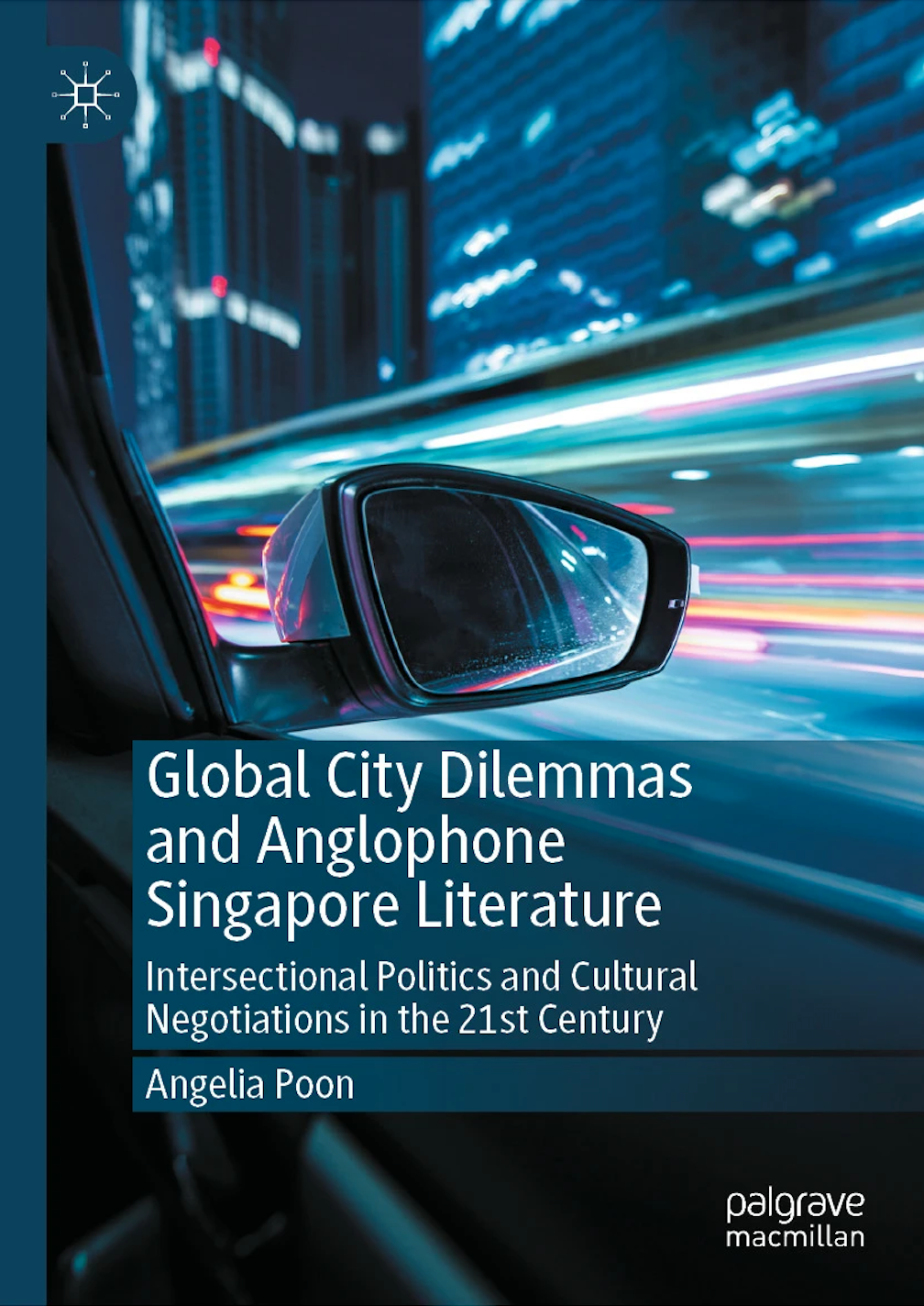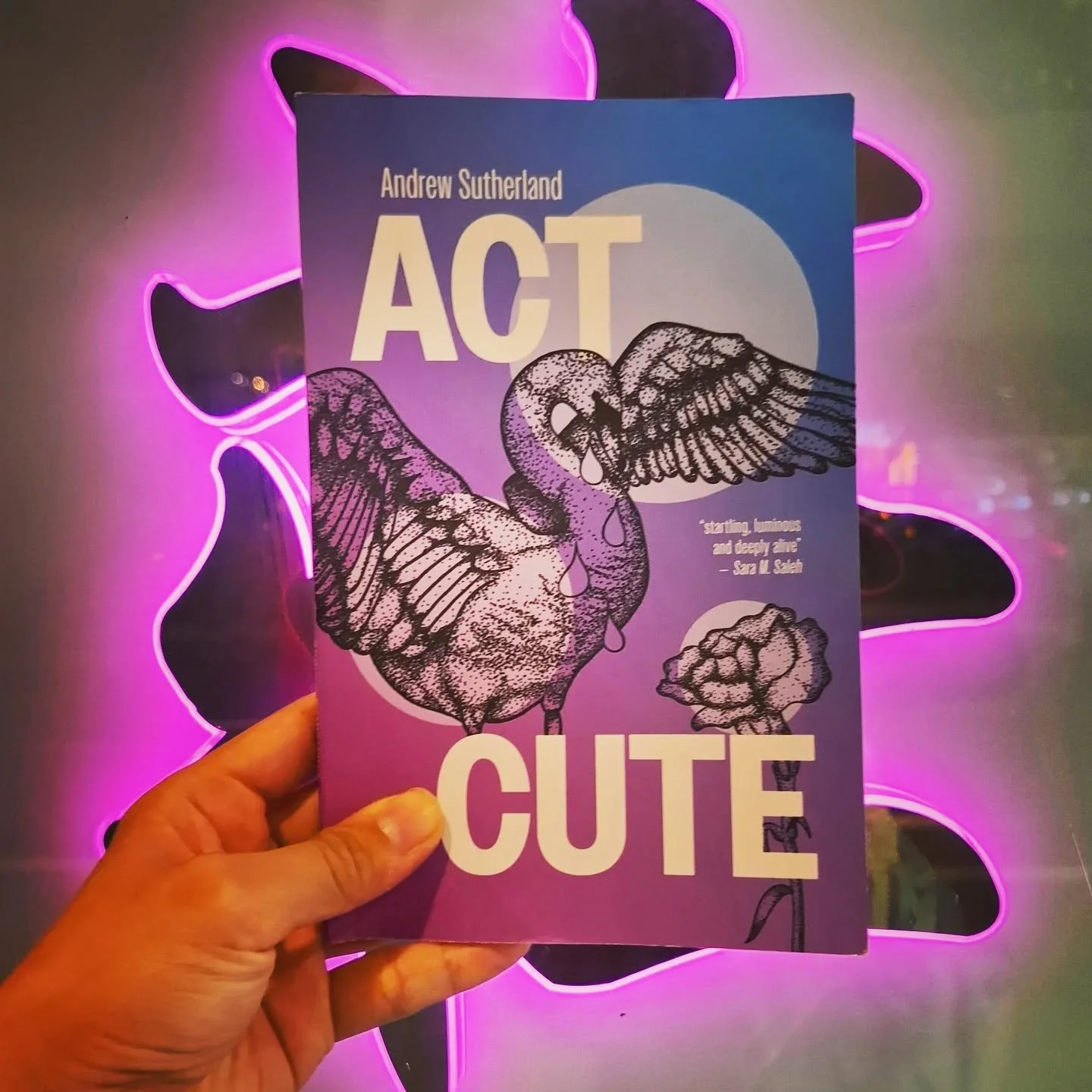The Weight of Their Truths
By Eunice Lim
Review of Gardens at Phoenix Park by Wong Souk Yee (Singapore: Epigram Books, 2023)
Three university students—Min Chan, Shu Peng, and Martin—negotiate their political identities, affiliations, and idealisms despite the hostile and unconducive societal and institutional pressures on them to conform, comply, and align with Singapore’s hegemonic narrative of national happiness, prosperity, and progress. Like Wong Souk Yee’s first book, Death of a Perm Sec (2016), this novel is a fictionalization of the enduring conditions and effects of political opposition, activism, and censure in Singapore, with an emphasis on the inner workings of the 1960 Internal Security Act and its history of detention and interrogation.
Gardens at Phoenix Park blurs the boundaries between fact and fiction, with Wong’s background as a playwright, former political detainee, and co-founder of the now defunct theatre group Third Stage intimately informing its subversive verve. The novel may thus be read as a political and politicized coming-of-age narrative, but it is my opinion that Wong’s ambitious novel achieves more when it ignores the documentative and autobiographical limitations of the factual and instead presents the enabling and empowering potential of the fictional. The pressure to match the novel’s narrative developments—such as Martin’s subsequent role as Singapore’s “first openly gay MP [Member of Parliament]”—to their real-life political references in Singapore––Dr. Vincent Wijeysingha who is Singapore’s first openly gay politician—risks overdetermining the outcome of political action and prematurely dismissing the possibility of change. In other words, the moments when the novel reads like a political memoir or manifesto are when its interventions seem most formulaic and heavy-handed, like a cautionary tale that has worn out its influence and political grist through sheer repetitiveness. Unlike Martin, Wijeysingha was a parliamentary candidate for the Singapore Democratic Party in the 2011 general election but was not elected. He also declared he was gay in a public forum in 2013 after the election. Staging these departures from reality in her novel is where Wong’s more compelling, future-oriented interventions may be located, and it is this long trail of narrativized political breadcrumbs that drives home what I believe is the novel’s central appeal—a literary summons to greater political awareness, inquiry, and reflection.
Min Chan’s status as a budding playwright charges this novel with the potential for political theatre, as do Shu Peng’s identity as the son of the country’s Minister of Finance and Martin’s identity as a government scholarship recipient and closeted gay man hiding his sexuality from his family in Mersing, Malaysia. As Wong’s chapters go back and forth between the trio’s perspectives and sociopolitical outlooks, their romanticized idealisms, contradictions, and “whipped individualism[s]” unfold like overly scripted and all-too-predictable dissident profiles despite their well-intentioned anti-colonial, anti-imperial, and anti-capitalist vigour. Their respective growing-up narratives of political self-becoming feel all too familiar, variously gaining and losing their disruptive momentum over time, but always not quite convincing enough in terms of the sustainability of their efforts.
Wong’s novel also wrestles with the fine line separating youthful rebellion and anti-authoritarianism, demonstrating how the unfulfillment and discontents from one phase of arrested development bleeds messily into the next. The premature dissolution of their student union leaves Shu Peng with a need “to stay in bed and grieve for the death of [his] innocence”, yet his effete resignation into a politically arranged and socially advantageous marriage comes at the prolonged expense of his former peers. This is especially the case for Min Chan, whose romantic entanglements with Shu Peng implicates her as his long-suffering proxy, a medium or political puppet with which he vicariously lives out his own prematurely doused political passions. Liberal feminists and anti-Freuds are likely to bristle, for instance, at Shu Peng’s description of being inside Min Chan as feeling “safe and warm like in [his] mother’s womb, alive yet dying.” Yet, it is also precisely Wong’s attentiveness to these moral and ideological inconsistencies in her political characters—Shu Peng reflects on how his own increased desire for Min Chan contradicts his pretensions to be a liberal feminist—that cautions against the over-simplification of Singapore’s political terrain and sweeping assumptions that may be made of its national character. Wong’s characters are not infallible, and it is perhaps the flickering nature of their moral and political values that make them more realistic and truthful representatives of the people and nation they seek to serve.
Tracing the development of our novel’s three protagonists in their roles as national antagonists railing against a paternalistic state’s florid prescriptivism, the novel does not provide answers as much as it poses question after question that pressures national intent, impulse, and interest. For instance, is the Singaporean condition characterized by a perennially unfulfilled or unfulfilling “desire to be independent”? Is this desire for one’s independence to be recognized so compulsive that even acknowledging the existence of “unplanned” or “unwanted” children in the nation’s recent history is in itself a form of rebellion in a hyper-scripted national environment that now faces the pressures of an aging population and a declining birth rate?
Martin’s character development and his homecoming struggles in Mersing are the most compelling, especially when considering Singapore’s recent repealing of 377A, a British colonial law that prohibits gay sex. Intergenerational differences in education levels, language competencies, and the experiences of cultural erasures are vividly described, with Martin’s father, Ah Ba, expressing his disapproval towards the “ang moh [Caucasian] lecturers [that] need students to adopt English names” like Ah John and Ah Mary. Sensitive towards the seemingly irreconcilable differences between his life in Singapore and his life as Ah Loong in Mersing, Martin initially regards Mersing’s environment and people with self-important disdain. He describes the “loud noises and filthy streets” as atmospheric conditions to be endured and unceremoniously interprets his younger brother’s enthusiasm to patronize a brothel for the first time as “a symptom of [a] neurosis” that results from Martin’s comparatively greater academic achievements. This ungenerous dissection of Mersing betrays the uneasiness and desperation of this “prodigal child-man” to disguise the imposter syndrome and scepticism he feels towards his own privileged intellectual status. Having “slouched to the kitchen [of his family home] to see if [he] could be of any use”, Martin—like the beast of W.B. Yeats’s poem “The Second Coming”— eventually has to confront the misguided application of his intellectual energies to pass judgement on the lives and livelihoods he thinks he can leave behind or contain in Mersing. It is through such layered characterizations that Wong recasts the student activist and aspiring intellectual as beasts of burden wrestling with the compromised sociopolitical value of their labours.
If the solid labour advocated by Min Chan’s father involves “a simple eat-work-live philosophy as a religious template” and an “immense respect for the rice farmers,” Wong’s novel seeks to define—or redefine—the soft labors of the political activist and intellectual through the narrative portraitures of our protagonists. With Shu Peng serving as Min Chan’s defense attorney during her subsequent detentions, he is described as “breathing heavily from his climb up the slope to the blue gate, his elegant exterior belying a haggard soul,” and the novel asks when one’s political energies might move from a state of laboring to a condition of belaboring. When might one’s choices in life become just as “limited and limiting” compared to the limited “choice of activities behind the blue gate,” the latter representing the prolonged conditions of detention, coercion, and surveillance under the Internal Security Act? Do the literary rehearsals of these seemingly predictable outcomes in Wong’s work serve as cautionary tales, producing a sense of exhaustion and futility that merely hastens the onset of political rigor mortis and feigned indifference? Or do they counterintuitively stoke the fires of political dissent and anti-authoritarianism, drawing attention to the potential negative consequences of continued, unchecked government overreach?
The novel also blurs the spatiotemporal boundaries between literal and metaphorical sociopolitical theatre. Postcolonial and capitalist ironies are reflected and problematized in the novel’s descriptions of Singapore’s urban development. When Mei Lan, a young woman from Martin’s hometown who is fond of Martin and that Martin had previously cruelly led on in an attempt to hide his romantic life from his family, visits Martin in Singapore, he takes her on a visit to Sentosa. The offshore island is described as “the southern islet on which the government had poured dollars and sand to transform […] into a tourist resort.” The “middle-aged Japanese couple in neat collared tee-shirts and cotton hats [posing] by the war relics [from the Japanese occupation of Singapore] and [asking Martin] to take a photo of them” draws attention to the convenient but perverse commercialization and profit-maximizing agendas of these postwar monuments. The irony of this scene is seemingly lost on every character involved, but hopefully not on the reader.
Min Chan also describes herself as “just part of the supporting cast” in the Internal Security Department’s (ISD) ploy to hang a fellow activist, ISD officers are described as “breathtakingly imaginative in their continuation of plot,” and an ISD interrogator is described as a “dramaturg.” These descriptions foreground the ways that storytelling techniques and the literary arts inform the formal and alternative narrativizations of nationhood. Censorship is treated like an ineffectual bogeyman when it is described as a process carried out “over cakes and Earl Grey tea,” highlighting how these elitist arbiters of taste have habitually developed a refined palate for censorship in the name of public decency, racial harmony, and national security. It is interesting to consider what such a taste might be informed or influenced by and how this nationally acquired taste for censorship might not simply be a taste for censoring, but also a taste for being censored. The satire that drives the novel’s plot is at times self-critical and self-aware, delivering the valuable but cynical proposition that it might simply be an apolitical trend or even be in one’s commercial interest to invite political censure. When her audience—a group of domestic workers—is visibly riled up by the abuses faced by a domestic helper that are being depicted in Min Chan’s play, a scenario explicitly modeled after Wong’s own controversial play Esperanza, this important social commentary within the novel is deflected by Min Chan’s jarringly abrupt and tone-deaf reference to postmodernism, melodrama, and agitprop. The affective resonance of the domestic workers that serves as a literary testament to this relatable dramatization of unjust and inhumane labor conditions has been callously overshadowed by literary terminology and theory, having lost sight of its own political intention and purpose.
Like Wong’s description of the children in Mersing who use plastic colanders to scoop up the smaller fish discarded by fishermen and take them home either as pets or as dinner, what readers of this novel take home with them at the end of the day will likely depend on their familiarity with Singapore’s sociopolitical history and their persuasion, and perhaps that is the higher form of freedom. It should not be taken for granted, however, that one’s political, intellectual, and literary persuasions are neatly aligned, coordinated, or compatible with one another, and that is, perhaps, yet another higher form of freedom that the novel suggests is worth celebrating and fighting for.
Eunice Lim is a Postdoctoral Teaching Fellow of Comparative Literature and Asian Studies at Pennsylvania State University. She identifies as a “resident tourist” of Singapore, as defined by Troy Chin’s ongoing semi-autobiographical comic book series of the same name. She has published journal articles in ariel: A Review of International English Literature, Global Storytelling, and Antipodes.
If you’ve enjoyed reading this article, please consider making a donation. Your donation goes towards paying our contributors and a modest stipend to our editors. Singapore Unbound is powered by volunteers, and we depend on individual supporters. To maintain our independence, we do not seek or accept direct funding from any government.









In Taiwan Travelogue, ‘twinned souls… are at once lost, but also found, in translation.’ A review by Eunice Lim.